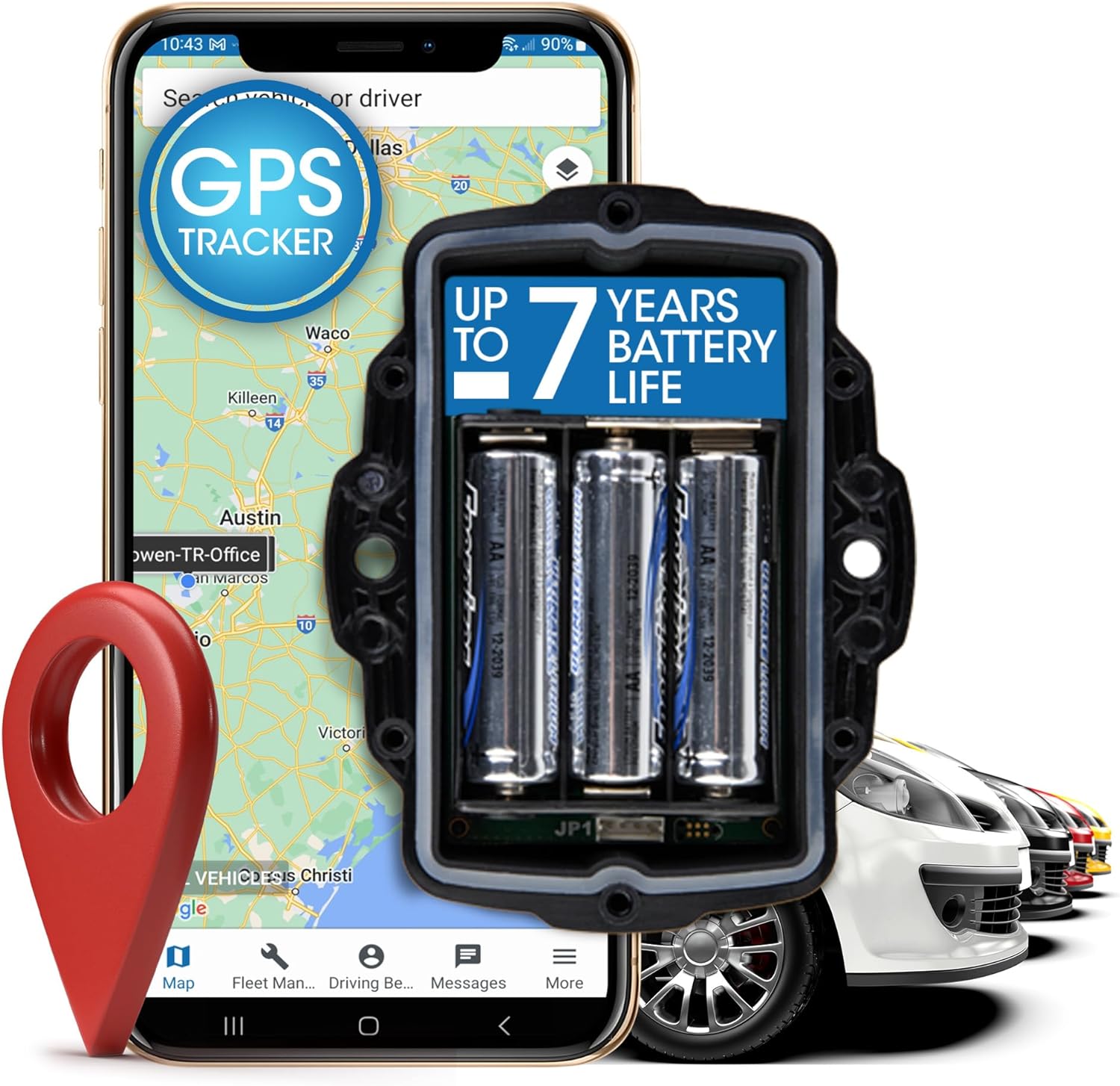Comprehensive Overview to GPS Tracking: Enhance Safety and Effectiveness
Comprehensive Overview to GPS Tracking: Enhance Safety and Effectiveness
Blog Article
Browsing the Future of GPS Tracking: Advancements, Obstacles, and Opportunities Ahead
As we stand at the crossroads of social implications and technical improvements, the landscape of GPS monitoring is poised for a transformative trip ahead. With excellent advancement comes great obligation, as data personal privacy concerns loom huge and security difficulties in GPS monitoring raise significant concerns concerning securing delicate info.
Evolution of GPS Innovation
The Advancement of GPS Innovation has been noted by considerable advancements in precision, protection, and performance for many years. Initially developed for armed forces objectives, general practitioner modern technology has developed to come to be an ubiquitous tool in numerous sectors, including transport, logistics, farming, and personal navigating. Early general practitioner systems were defined by limited coverage, lower accuracy, and bulkier equipment requirements. However, with continuous technical technologies, GPS has actually transitioned to a lot more efficient and accurate systems that provide worldwide coverage and improved accuracy.
One trick landmark in the advancement of GPS modern technology was the growth of Selective Accessibility (SA) in the 1990s, which deliberately deteriorated the accuracy of private GPS signals. The discontinuation of SA in 2000 dramatically enhanced GPS precision for civilian users. Succeeding developments, such as the release of additional satellite constellations like Galileo and BeiDou, have even more improved GPS coverage and accuracy, making it an important device in day-to-day life. As general practitioner innovation remains to progress, we can expect further enhancements in insurance coverage, accuracy, and effectiveness, opening new possibilities for advancement and applications across various industries.
Real-Time Tracking Advancements
Structure on the innovations in GPS technology that have actually reinvented accuracy and coverage, real-time tracking has become an essential area of development with extensive ramifications throughout different markets. Real-time monitoring developments allow companies and organizations to monitor vehicles, properties, and personnel instantaneously, providing useful insights for decision-making processes - gps tracking. By leveraging real-time information, companies can boost operational performance, boost client service, and make certain the safety and security and security of their possessions
Among the key improvements in real-time tracking is the combination of man-made knowledge and maker understanding algorithms, which make it possible for predictive analytics and anomaly detection. These abilities permit positive upkeep organizing, route optimization, and threat mitigation methods. In addition, the development of real-time tracking systems has brought about the development of mobile applications and personalized control panels, equipping customers to access vital information anytime, anywhere.
Data Privacy Problems

Data personal privacy concerns include numerous elements, consisting of the storage, sharing, and retention of location data. Companies must implement durable safety measures to secure GPS monitoring data from cyber hazards and data breaches. Transparent plans concerning data collection practices and the objective of tracking are necessary to construct depend on with customers and ensure compliance with information defense policies.

Safety Challenges in GPS Tracking
Dealing with information privacy worries in GPS tracking is elaborately linked to minimizing the safety challenges that emerge from prospective susceptabilities in the modern technology. One of the key safety and security difficulties in GPS monitoring is the threat of unapproved access to sensitive location information.

Another safety challenge is the possibility for obstructing or spoofing GPS signals. By conflicting or broadcasting incorrect signals with legitimate ones, destructive actors can trick GPS receivers and manipulate webpage area information. This presents risks not just for private users but additionally for governmental and military applications that depend on accurate placing information. Carrying out durable encryption, authentication steps, and signal verification procedures are essential action in dealing with these safety and security challenges in GPS tracking.
Arising Opportunities in the Sector
The growing field of GPS tracking technology presents a myriad of promising opportunities for sector development and advancement. One key opportunity exists in the growth of GPS monitoring applications past typical fields. GPS tracking can revolutionize patient treatment by enabling remote tracking of essential indications and making certain timely clinical support.
Additionally, the raising need for linked gadgets and IoT remedies offers a ripe opportunity for GPS tracking business to broaden their offerings and develop innovative solutions that cater to a more connected world. By utilizing on these emerging opportunities, GPS tracking companies can position themselves for continual growth and success in the vibrant landscape of the market.
Final Thought
In final thought, the future of GPS tracking is marked by continuous development and technology in modern technology. As Bonuses the industry relocates forward, browsing these challenges will be essential to guarantee the continued growth and success of General practitioner monitoring technology.
With great innovation comes great responsibility, as information personal privacy problems loom big and security difficulties in GPS tracking raising important concerns about safeguarding delicate information.With the rapid spreading of General practitioner tracking innovation in various industries, resolving data personal privacy concerns has become a crucial vital for both consumers and businesses alike. The collection of area information through General practitioner tracking increases significant personal privacy problems, as it allows the monitoring of individuals' activities and habits. Organizations utilizing GPS tracking have to prioritize securing this information to avoid unapproved accessibility or abuse that might compromise people' personal privacy rights.
Companies need to apply durable protection measures to protect GPS tracking data from cyber dangers and information violations.
Report this page